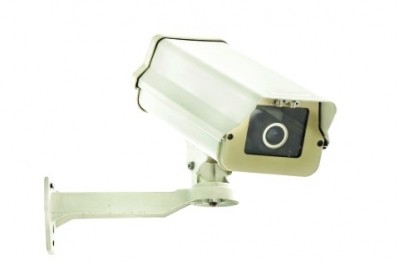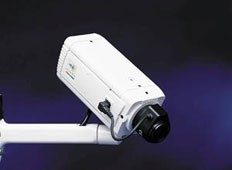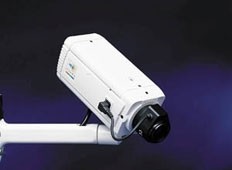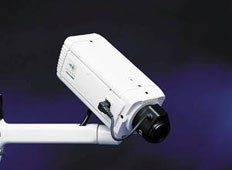Legal advice
CCTV: Big brother is watching...but not recording

Big Brother is watching but not recording
Q. My pub has a modern CCTV system that also forms part of the conditions on my premises' licence. I have the system regularly maintained and, only two weeks ago, it was given a clean bill of health. I have just had a visit from a police licensing officer requesting some footage of an alleged handbag theft. I have tried to download the footage but it seems that, while the system is monitoring, it is no longer recording. The police licensing officer has now threatened to prosecute me for breach of licence conditions and I am not sure what to do.
A. Although on the face of it there seems to be a breach of the CCTV conditions, a due diligence defence is available to you and part of that covers the situation where the breach has arisen as a result of someone else’s actions.
You need to obtain a letter from the CCTV engineer hopefully accepting that the malfunction has arisen as a result of the recent maintenance/service. This does unfortunately happen and you should not be blamed where you have engaged a professional to carry out work that has gone wrong.
Such a letter produced to the police should hopefully be an end to the matter. Perhaps then invite the police to come back and see that the system is working properly again.
Service of a noise abatement notice
Q. I own a quiet rural pub but once a month we have a live music event which is very busy. Following such a night a couple of weeks ago, I have had a letter from the local authority enclosing a noise abatement notice. What should I do?
A. A noise abatement notice is usually served when there has been a problem involving disturbance to local residents, either due to noise from customers or from some form of entertainment.
The notice ought to specify the detail of the nuisance complained of, ie, “live music” or “arising from amplified music”, or something of that nature. It should also specify the remedial action to be taken and provide a time limit, which may simply be “immediately”.
Such notices are normally served after some sort of informal intervention by an environmental health officer (EHO), although this is not always the case. EHOs are under a duty to take action if a nuisance arises and they can go straight to the notice without warning.
You have a limited period of time (21 days) to appeal. If you don't, it will remain in place without time limit.
It may be worth taking legal advice on the legality of the notice and the potential for appealing against it, but the priority here is to engage quickly with the EHO, find out exactly what the problem is, and see if they are prepared to offer any advice on what you might do to prevent future problems.
It may simply be a case of having the music at a lower volume, or there may be some simple managerial steps, such as keeping doors and windows closed during live music, to mitigate the situation.







